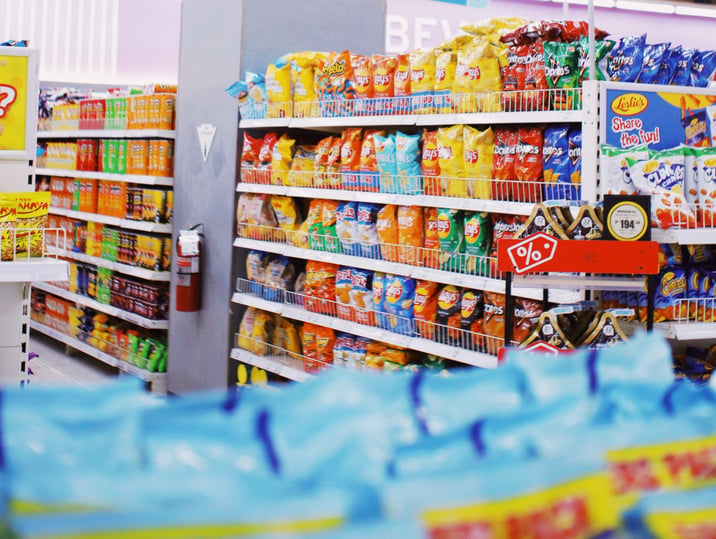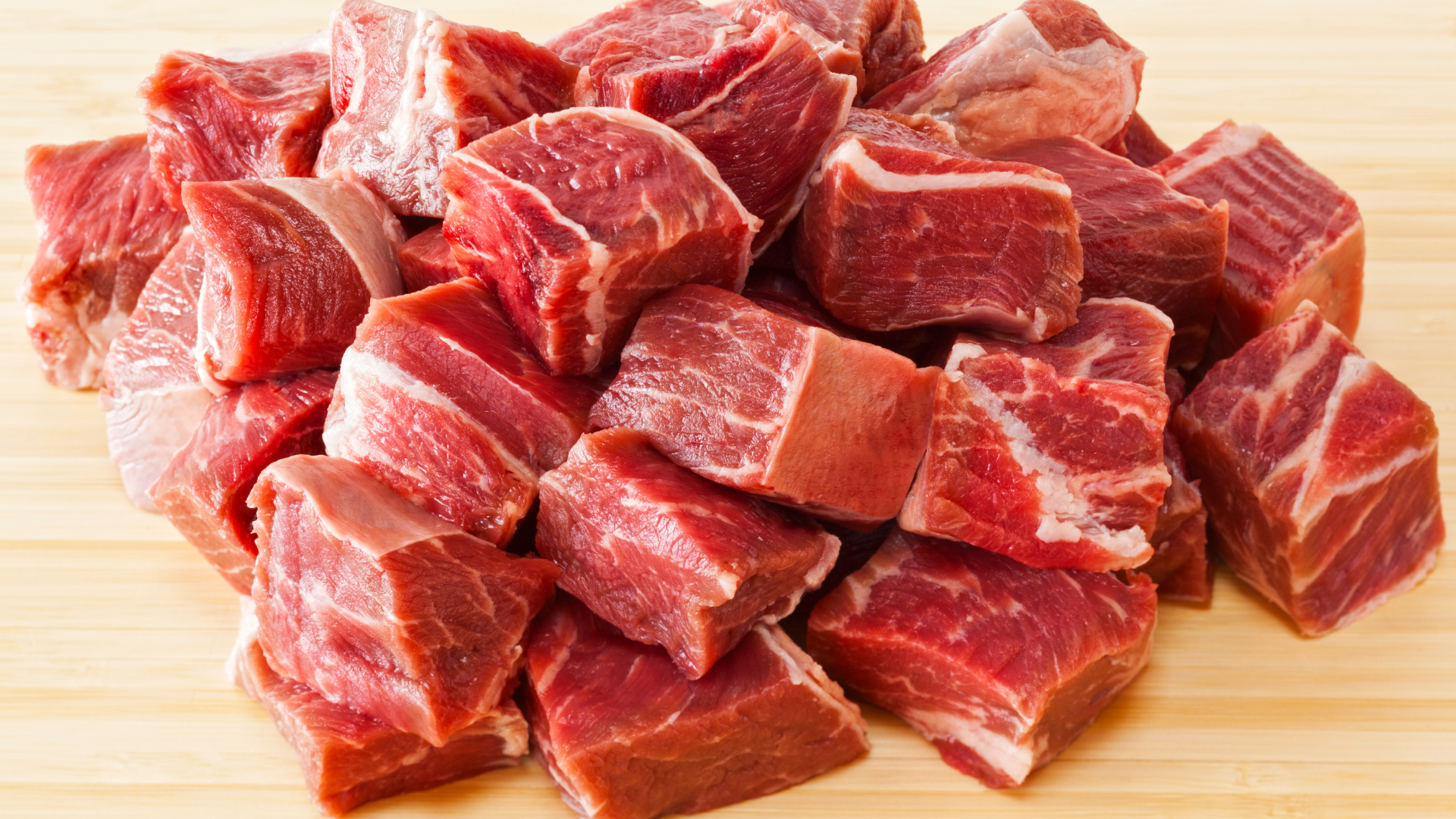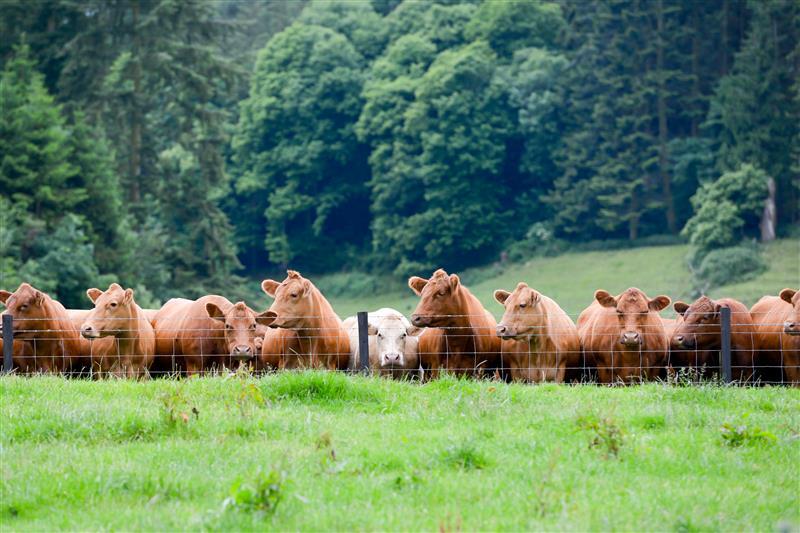We look ahead at the areas where we’re predicting food industry growth and investment.
2023 has been a tumultuous year for the food and drink industry. External factors such as the ongoing war in Ukraine, extreme weather and the continuing effects of the Covid pandemic have all had a massive impact on the global supply chain.
Inflation has risen and fallen, food fraud has become a major talking point and some well-known brands have not made it to the end of the year, failing to respond to the pressures of an unpredictable and volatile marketplace. But 2023 has also been a year that has offered opportunities for new ideas-driven projects.
So, as we enter the final phase of the year and head into 2024 what can we expect to hear about? Some of these have been bubbling under the surface for some time, while others are brand new emerging ideas.
Here are our six trends we think will be shaping food industry decision-making as we head into 2024.
1. A new wave of sustainable packaging and product manufacturing innovations
Responding to both wider sustainability concerns and a raft of new packaging and labelling regulations, there has been a clear global push to develop and invest in sustainability in the packaging space.
Some innovations are small like Pizzycle’s reusable pizza box. Made from 100% recyclable high-quality polypropylene, the container is the brainchild of two German design students, who read a survey stating that 50,000 tonnes of pizza box waste was generated a year in their country.
While pizza boxes are generally made of cardboard – a recyclable material - additional 3d waste such as cheese and other foodstuffs can see them rejected from recycling and ending up in landfill instead.

Other packaging innovators are using organic waste materials such as coffee husk, alginate, oyster shells and paper waste in low-energy sustainable product manufacturing. Holland-based open source foundation Junai recognises the possibilities of this area and specialises in regenerative material development, providing the tech to encourage innovation.
On the other side of the globe, Australian reusable cup company Huskee - which makes their products from a coffee husk bio-polymer – has also been busy in the sustainable materials space. It launched HuskeeSwap with the aim of eliminating single-use takeaway cups in 2019. Now the scheme is available internationally, with coffee shops from Canada to India opting into the project that encourages consumers to bring in one cup and leave with their coffee in another.

This growth in sustainability initiatives is also producing some exciting innovations and collaborations in the UK retail sector. Of note are M&S's paperless initiatives - there's a new 100% paper, plastic-free, easily recyclable coffee cup now available in 20 of the retailer's stores plus a scheme to encourage suppliers to go paperless by 2026; Ocado’s pilot with recycling technology company Polytag for a QR-code recycle and reward programme; and Aldi’s in-store refill pilot with The Refill Coalition, which is currently in its first phase in Solihull. In 2024, there are plans to extend this launch to a home delivery version should things go well.
2. Continued pushback against ultra-processed foods
From sliced bread to ice cream, ultra-processed foods are big business. With consumers short of cash and looking for the most accessible way to get food on the table, sales are booming. But a number of studies linking the foods to a variety of conditions from cancer to dementia, and a general sense of poor health, are highlighting the addictive nature of UPFs, with 1 in 7 adults hooked on them. Initiatives around regulating the promotion of foods high in fat, salt, and sugar have been rolled out in places like the UK. But uptake has been slow, with suggestions that penalties may be applied to retailers not complying with the regulations.

All this new attention has put the UPFs under the spotlight. The time is coming when the entire food supply chain – from manufacturers all the way up to suppliers – will need to reassess their UPF approach. The challenge here will be balancing taste, which HFSS invariably adds to ultra-processed foods, to industry and consumer demands around transparency and health concerns. With the development of an ultra-processed foods classification system also on the horizon, food businesses would be wise to start developing new UPF strategies sooner rather than later.
3. Food safety and traceability move to centre stage
2023 was a bad year for food safety. The FSA in the UK has released a report shining a spotlight on a lack of key workers – from vets to food inspectors - which will impact food safety in the region if action isn’t taken quickly. Food fraud scandals have shaken consumer trust and contaminated products have led to food poisoning outbreaks in the US. It has jolted the industry into action.
Now, with a new whistleblowing hotline being set up in the UK, FSMA 204 regulations a major topic of conversation in the US, and the roll out of mandatory electronic tagging for sheep in Australia in 2025, food safety and traceability are finally getting the attention they deserve. A wave of new traceability tech - including Trace Connected, which draws its high-security aspects from the world of blockchain and delivers data with a secure, verifiable, and auditable history – is enabling the food industry to finally have truly transparent supply chains that deliver accountability and security from farm to fork.

But this shift does require investment. With some big-name retailers already looking to their suppliers to digitise, we expect this increased attention may force more food industry manufacturers, suppliers and retailers towards digital transformation, as a means to more stringently validate traceability compliance.
4. More investment in higher protein foods
This trend originally started in sports nutrition and has blossomed out into the main food space, as the industry has begun to understand its untapped possibilities in the past couple of years. Tipped as the next big food trend for several years now, it is finally starting to resonate with consumers, which means one thing - more investment in NPD research for brands wanting to succeed here.
Brands like Imagindairy and Atura are inviting consumers to reimagine traditional and plant-based ingredients in new products, with the former stating that they create “clean, sustainable, and scalable dairy proteins that don’t sacrifice quality, nutrition, cost or experience.”

Taste, texture and machinability have all previously been sticking points for consumers when moving new higher protein products from testing to MVP status. But with the UN estimating that we need to produce 60% more food by 2050 to feed our growing population, maybe 2024 is the right time for brands to invest more in this potentially lucrative area.
5. Sustainability and the animal welfare production system
A major topic at the Livestock Supply Chain Connect conference in September, one of the biggest discussion points at farm level currently is around whether higher welfare production systems are sustainable. Being able to use data to evaluate true cost and the benefits attached to any given method of production through data sets is therefore key. According to a study done by the University of Bonn, there are a series of conflicts at play here - between animal welfare and environmental protection, human health and animal health, and human health and animal welfare. These competing sustainability goals are making decision-making a complicated process.

So how are processes changing on the ground in response to this? Our analysts are starting to see data collated and analysed through the Foods Connected platform at farm, transport and abattoir level to support customer management tasks and inform decisions, evidence improvement, and to ensure compliance to public-facing commitments.
6. The AI food boom becomes more visible in the consumer space
And, of course, it wouldn’t be a trends list without the inclusion of AI – and its slow but steady adoption in certain areas of the food industry. Artificial intelligence is undoubtedly opening up a world of possibilities for the sector, from fruit yield forecasting tools being used to forecast growth for farmers to facial recognition AI taking payments at KFC restaurants in China. Some of these are at least gimmicks for now, but others could make a real difference in the food safety space, such as a scanner that can decode a consumer’s food, providing not only the ingredients, but also the nutritional information, calories and allergens too.
Of course, adoption here is the salient point. The food industry is a traditional space. Automation made workers distrustful in the 1980s and there is still a hangover from this with a certain reluctance around embracing digitisation even now despite its many benefits. But a recent frontier AI report indicates there are some positive developments for AI in the agriculture arena. The anticipation being that it will be used as a tool to positively enhance the sector – rather than disrupting it – as well benefiting the work lives of those in in it.
.jpg)
Greer McNally
Greer has over 15 years’ experience writing about trends in the food and retail sectors. She lives in a little village by the sea in Northern Ireland and loves creating content that informs how people think about the food industry. A recent career highlight was interviewing the legend that is Dr Temple Grandin.
Stay up to date
Stay up to date
Browse Posts
- February 2026
- January 2026
- December 2025
- November 2025
- October 2025
- September 2025
- August 2025
- July 2025
- June 2025
- May 2025
- April 2025
- March 2025
- February 2025
- January 2025
- December 2024
- November 2024
- October 2024
- September 2024
- August 2024
- July 2024
- June 2024
- May 2024
- April 2024
- March 2024
- February 2024
- January 2024
- December 2023
- November 2023
- October 2023
- September 2023
- August 2023
- July 2023
- June 2023
- May 2023
- April 2023
- March 2023
- December 2022
- November 2022
- October 2022
- September 2022
- August 2022
- July 2022
- June 2022
- May 2022
- April 2022
- March 2022
- February 2022
- January 2022
- December 2021
/Blog%20Headers/shutterstock_2212313917.jpg)

/Blog%20Headers/shutterstock_1927957907%20(1).jpg)
/Blog%20Headers/shutterstock_1845178195%20(2).jpg)
/Blog%20Headers/shutterstock_2133827717%20(1).jpg)
/Blog%20Headers/shutterstock_2473376713.jpg)
/Blog%20Headers/shutterstock_2474442759.jpg)





.png)
/Blog%20Headers/shutterstock_1834054435.jpg)

/Blog%20Headers/shutterstock_2498984931.jpg)
/Blog%20Headers/Preparing%20for%20the%20EU%20Deforestation%20Regulation%20(EUDR)everything%20you%20need%20to%20knowjpg.jpg)

.png)
.png)
/Blog%20Headers/Year%20in%20Review_2024.png)
